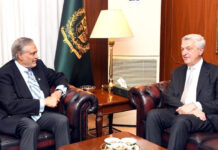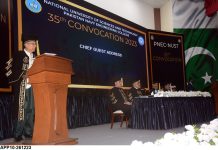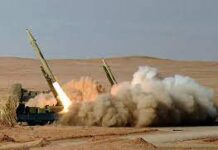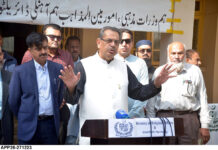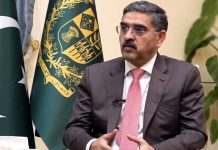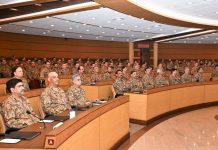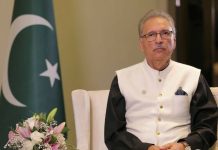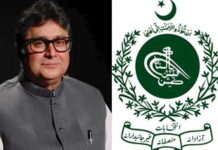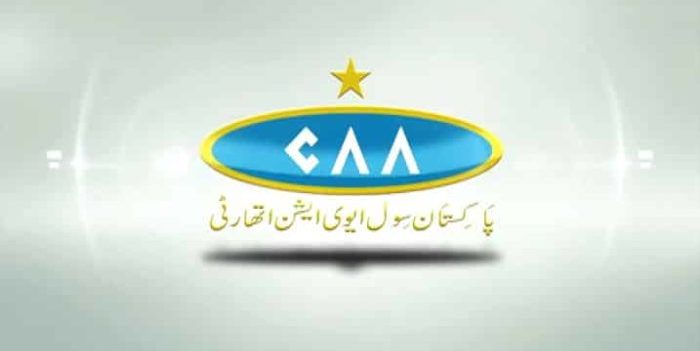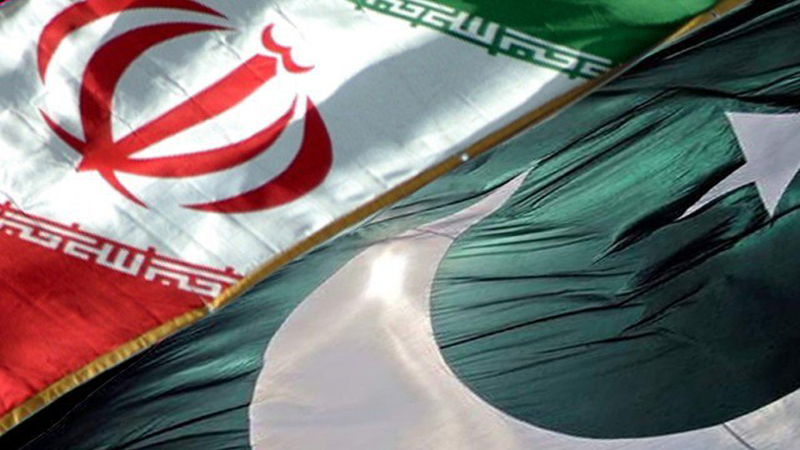
Both sides agreed to hold the second round of High Border Commission in Islamabad next month to review the current status of preparations and further measures required for the earliest opening of new crossing points at Gabd-Reemdan and Mand-Pishin, besides opening of new border markets.
In their talks, president of Iran and prime minister of Pakistan highlighted that common borders should be the borders of peace and friendship, and acknowledged the necessity of forging regular cooperation and exchange of views between political, military and security officials of the two countries to combat threats such as terrorism, smuggling of narcotics, human trafficking, hostage-taking, money laundering and abduction. It was also agreed that the 10th round of the Special Security Committee of the two ministries of interior will be held in Islamabad in June this year to discuss these matters in detail.
It was agreed that the next meeting of the Joint Consular Commission will be held in second half of the current year to review the progress made so far and chart the way forward in further facilitating the movement of people from both sides. Pakistani side welcomed the initiation of the process for release of a number of Pakistani prisoners by Iran, and for making arrangements for their expeditious repatriation to Pakistan.
Considering the increase in volume of trade between the two countries in 2018, the two leaders instructed relevant institutions and ministries to devise all required mechanisms for boosting monetary, financial and commercial activities to their full potential. The two sides decided to hold the 21st round of the Joint Economic Commission (JEC) in the second half of 2019 in Pakistan to deliberate further on these issues.
Considering the importance of developing connectivity and transit corridors in order to accelerate and facilitate bilateral and regional cooperation and trade, both sides welcomed the implementation of bilateral and multilateral agreements including the Belt and Road Initiative (BRI) and China-Pakistan Economic Corridor (CPEC), as well as agreements on establishing the North-South and East-West corridors in Iran.
Both sides stressed on swift and complete implementation of the Joint Comprehensive Plan of Action (JCPOA) by other states considering the full compliance of Iran to its provisions.
Earlier, Prime Minister Imran Khan met Supreme Leader of Iran Seyyed Ali Khamenei in Tehran. The meeting was held in a cordial and friendly atmosphere. Discussions on ways to improve bilateral relations were held during the meeting. Prime Minister Imran Khan and his delegation also benefited from spiritual guidance given by the Rahbar. The Rahbar conveyed his deep regard and attachment with the brotherly people of Pakistan and prayed for the success of the Pakistani nation.
Later, addressing the Pak-Iran Business Forum, Prime Minister Imran Khan said Islamabad will do everything to promote its bilateral ties and trade with Tehran. He said it is time that both Pakistan and Iran work out ways and means to enhance their bilateral trade to exploit the existing potential. Irrespective of the fact that Iran is facing sanctions and Pakistan is also going through a difficult period, the two countries should start developing bilateral trade, he said, and told the business community that only 10 percent of rice is exported directly from Pakistan and the rest is done indirectly.

